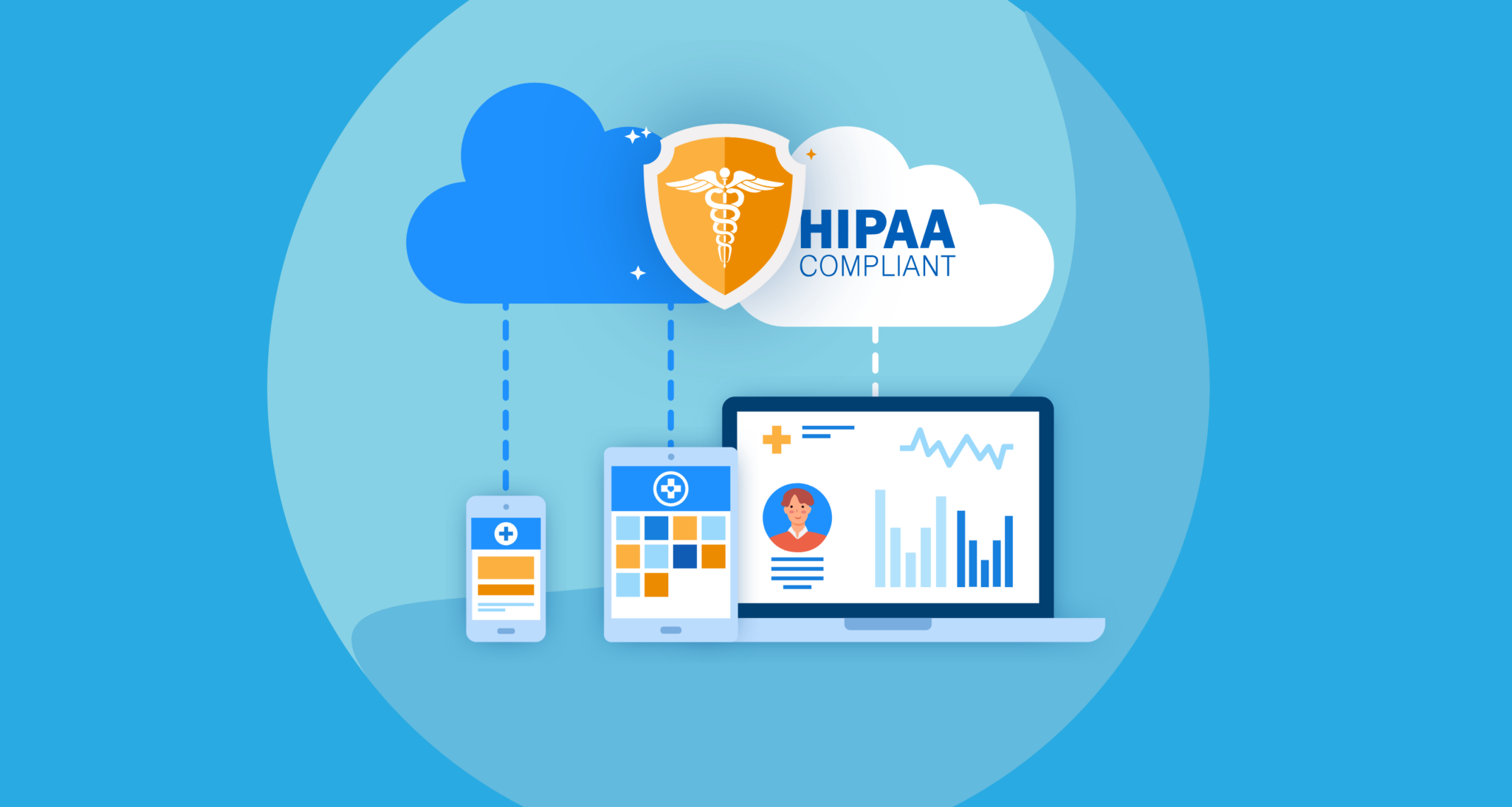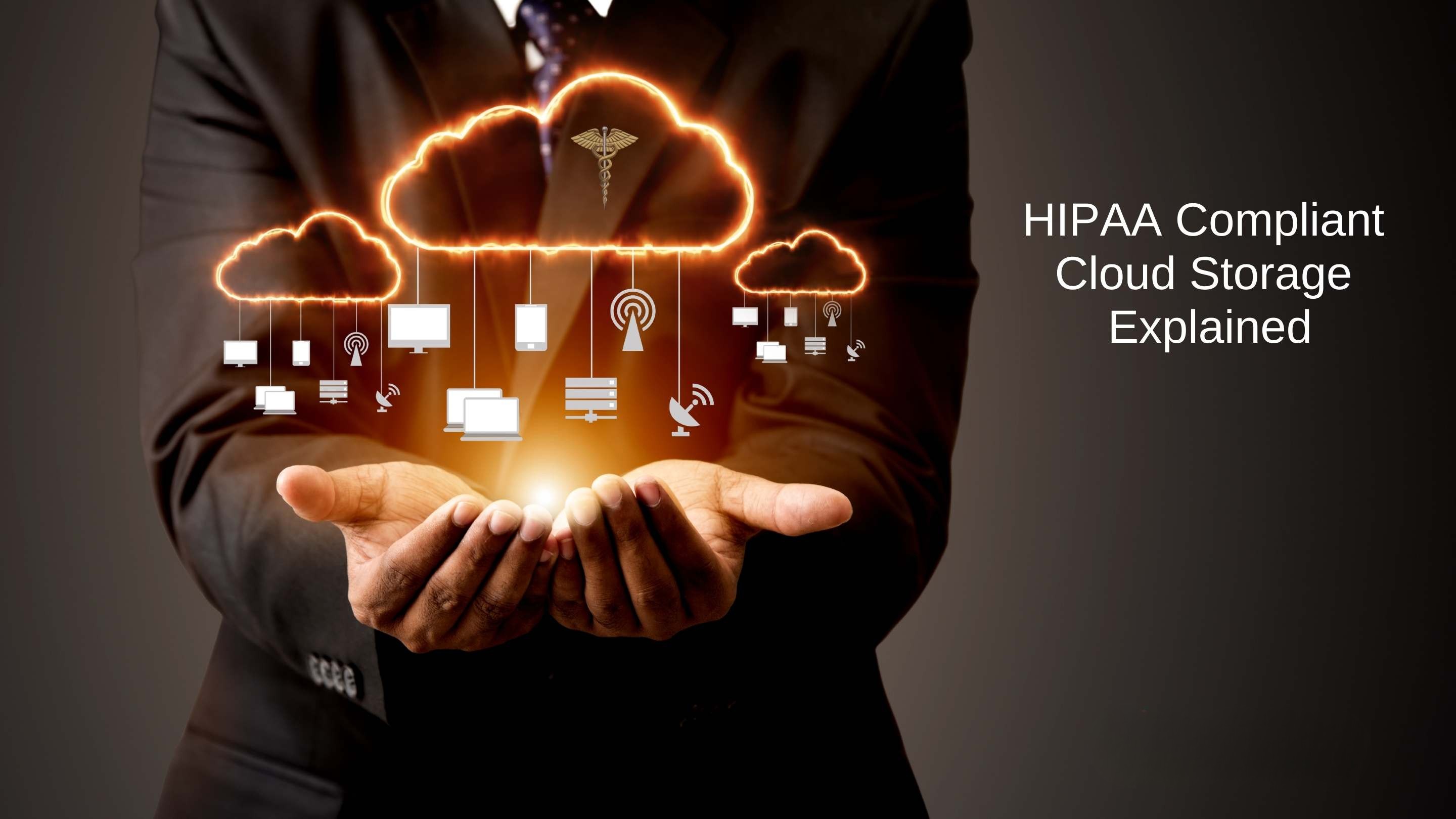
In today’s digital healthcare environment, patient data is
the most valuable asset—and also the most vulnerable. With the rise of
ransomware attacks, data breaches, and compliance penalties, healthcare
providers must prioritize secure cloud backup solutions that comply with the
Health Insurance Portability and Accountability Act (HIPAA).
A HIPAA-compliant cloud backup ensures that patient health information (PHI) is
encrypted, securely stored, and easily recoverable while meeting all regulatory
standards. In this blog, we’ll explore best practices, encryption standards,
and audit trails for designing secure cloud backups for healthcare organizations.
Why HIPAA Compliance Matters in Cloud Backups
HIPAA sets strict rules for how healthcare providers,
hospitals, and their business associates handle protected health information
(PHI). Non-compliance can result in:
- Hefty fines ranging from $100 to $50,000 per violation.
- Legal consequences and loss of patient trust.
- Downtime in medical operations due to inaccessible data.
This is why healthcare organizations are moving towards HIPAA-compliant cloud
storage and backup solutions that combine scalability, security, and regulatory
adherence.
Best Practices for Designing HIPAA-Compliant Cloud Backups
To ensure healthcare data security, here are the most
critical best practices:
1. Choose a HIPAA-Compliant Cloud Provider
- Signs a Business Associate Agreement (BAA).
- Offers redundancy and failover capabilities.
- Has data centers certified with ISO 27001, SOC 2, and HITRUST.
2. Encrypt Data in Transit and at Rest
- AES-256 encryption for backups at rest.
- TLS/SSL protocols for data in transit.
- End-to-end encryption keys controlled by the healthcare provider.
3. Implement Access Controls and Authentication
- Multi-factor authentication (MFA).
- Role-based access control (RBAC).
- Regular user access reviews.
4. Automate Backups and Recovery
- Scheduled incremental backups.
- Disaster recovery testing.
- Instant data restore options.
5. Maintain Detailed Audit Trails
- Record who accessed the data, when, and what was done.
- Ensure logs are tamper-proof and securely stored.
- Make audit trails available for compliance audits.
6. Train Healthcare Staff on Compliance
- Handling PHI securely.
- Recognizing phishing attacks.
- Following organizational data protection policies.
The Role of Encryption in HIPAA-Compliant Cloud Backups

Encryption ensures that even if cloud backup data is stolen,
it remains unreadable without the decryption key.
- AES-256 Encryption: Gold standard for PHI protection.
- Key Management: Healthcare providers should retain control of encryption
keys.
- End-to-End Security: Data should be encrypted before leaving the source
system and remain encrypted until restored.
Importance of Audit Trails in HIPAA Compliance
Audit trails are more than just logs—they are evidence of
compliance.
Key elements of HIPAA audit trails include:
- User activity logs (logins, file access, modifications).
- Backup and restore attempts.
- Security alerts and anomaly detection.
Having a robust audit trail system enables healthcare providers to:
- Pass HIPAA compliance audits.
- Detect and respond to unauthorized activity.
- Maintain transparency and accountability.
Benefits of HIPAA-Compliant Cloud Backups for Healthcare Providers
Implementing secure and compliant cloud backups provides:
- Protection against ransomware attacks.
- Guaranteed business continuity during system failures.
- Regulatory compliance with HIPAA and HITECH.
- Increased patient trust due to secure handling of PHI.
- Scalability to support growing volumes of healthcare data.
FAQs on HIPAA-Compliant Cloud Backups
Q1. What is HIPAA-compliant cloud backup?
A cloud backup solution designed to store and protect PHI while meeting HIPAA
regulations, including encryption, access controls, and audit logging.
Q2. Do all cloud providers offer HIPAA compliance?
No. Only providers that sign a BAA and meet HIPAA requirements are compliant.
Q3. How often should healthcare providers back up data?
Daily automated backups with periodic recovery testing are recommended.
Q4. Can encrypted cloud backups still be hacked?
If properly encrypted with AES-256 and managed keys, the data is virtually
unreadable to unauthorized users.
Conclusion
HIPAA-compliant cloud backups are essential for healthcare
providers to protect sensitive patient data, ensure business continuity, and
meet regulatory requirements. By following best practices in encryption, audit
trails, and access management, healthcare organizations can safeguard PHI
against breaches and maintain patient trust.
At Gigahertz Consultants, we specialize in designing secure, HIPAA-compliant
cloud backup solutions tailored for healthcare providers. Our solutions
integrate end-to-end encryption, automated backups, and detailed audit trails,
ensuring that your data remains safe, compliant, and always available when you
need it.
???? Contact us today to learn how we can help your healthcare
organization build a HIPAA-compliant backup strategy that ensures security,
compliance, and peace of mind.

Category: HIPAA
